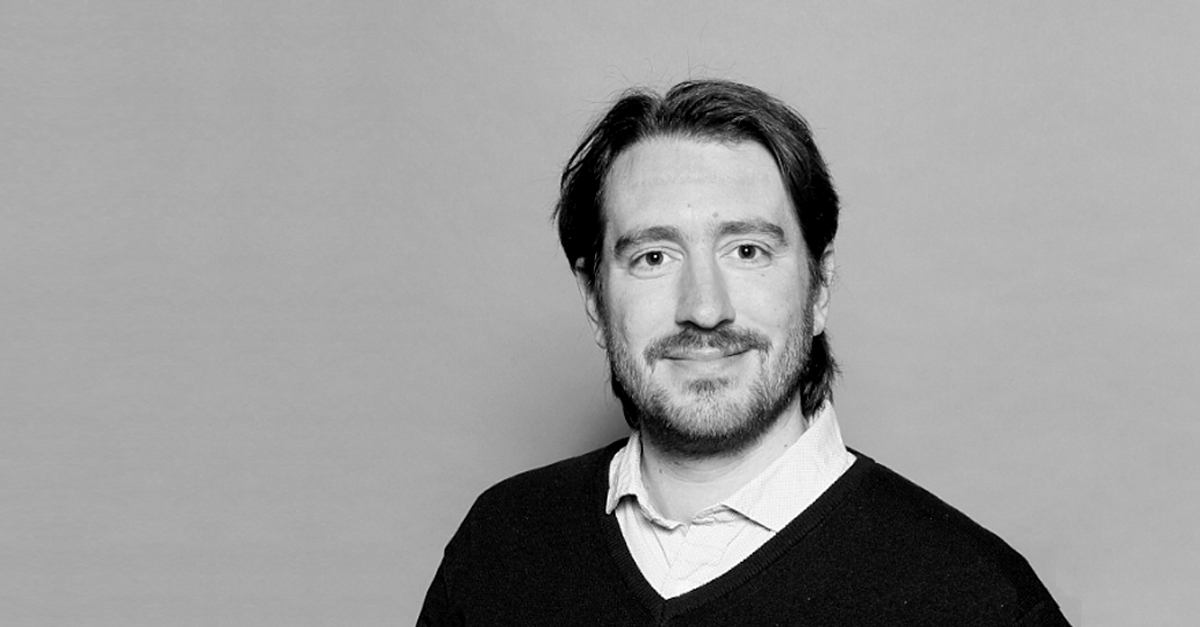
An innovative vision for sustainable development
18 May 2021Davide Donati obtained a Bachelor’s degree in Earth Sciences (2010) and a Master’s degree in Engineering Geology and Land Management (2012) from the University of Bologna (Italy). After a two-year consulting experience in Italy, he pursued and obtained a PhD in remote sensing and rock mechanics from the Simon Fraser University (British Columbia). During his PhD and the following post-doctoral research career, he collaborated in various national and international research projects focused on the stability and evolution of large landslides.
I would like to introduce myself: I am Davide Donati, and I am part of the new team that has been created at the BBS Centre for Sustainability and Climate Change. I am a researcher in the field of natural risks. In particular, my research activity focuses on large-scale rockfalls and on the factors, both geological and environmental, that control their behaviour and evolution. As one may guess, my educational background is not about business and management, but rather the analysis, characterisation, and management of geo-risks over the next few years, my research activity, conducted in the framework of the topics of the new Centre, will contribute to gaining an understanding on which are the effects of climate change on geo-hydrological risk and, consequently, the impacts on communities, infrastructures, and the environment.
To give you an idea of the relevance of this issue, it is sufficient to consider that according to ISPRA (Istituto Superiore per la Protezione e Ricerca Ambientale – Italian Institute for Environmental Protection and Research) data, the areas at hydraulic risk account for 23% of the Italian national territory, to which we should add another 20% of territory characterized by landslide risk (1). Moving across borders, between 2000 and 2019 hydrologic natural events connected to climate change caused damage for over 5 billion euros every year just within the EEA (European Economic Area) (2).
Hence, the most immediate challenge is to understand what the effect of climate change on these figures is and, consequently, which are the strategies to adopt to adapt to these changes. To win this challenge we first need to understand how these changes affect the territory, promoting its evolution through geomorphological processes.
In my own small way, what I would like to convey to the students of the BBS Centre for Sustainability and Climate Change is the interest and curiosity for natural phenomena and risks and, specifically, the great importance they can have in planning sustainable development. We must not forget that our actions today can have both short- and long-term impacts on the environment and, consequently, on the quality of life of those who will come after us, not only in our own community, but also and especially globally.
It is clear that climate change plays a key role in many areas: from the environment to social issues, from new technologies to the economy. Therefore, their effects need to be analysed from different perspectives and angles. I believe that the strength of the Centre is precisely this: the in-depth interdisciplinarity of research, and of the courses and training pathways it offers its students. The BBS Centre for Sustainability and Climate Change can provide a broad and innovative vision of sustainable development, encompassing the various aspects and factors that contribute to defining this important issue in its entirety.
References
2: https://www.eea.europa.eu/data-and-maps/indicators/direct-losses-from-weather-disasters-4/assessment
By Davide Donati, Assistant Professor of Engineering Geology
